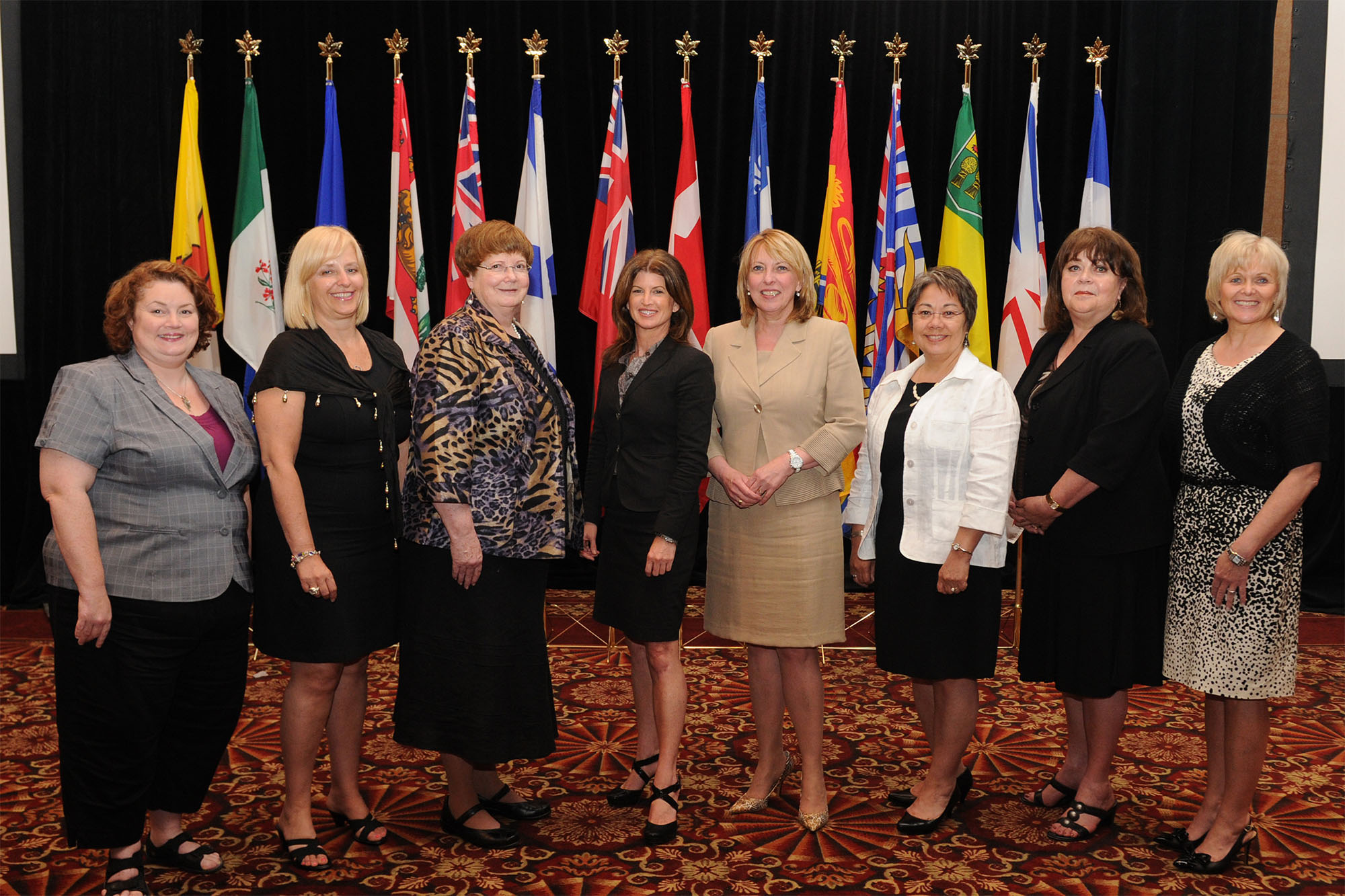Wednesday, October 19 marks the first anniversary of the Liberals being elected to power. I remember it as a day to celebrate! A day when the sun set on a dark decade in Canadian history and rose on a Canada filled with sunshine, promise and hope.
Unfortunately, today also the day that the House of Commons will vote on NDP MP Kennedy Stewart’s private member’s Bill C-237 – the Candidate Gender Equity Act. This act would make a minor amendment to the Canada Elections Act by altering financial incentives already in place in order to incentivize parties to ensure gender parity during elections.
Currently, political parties are eligible for a reimbursement of up to 50 per cent of their election expenses when they meet certain conditions. Every political party has the option to refuse this public subsidy.
A simplified explanation of the proposed reimbursement changes under Bill C- 237 would work this way:
“If party A puts forward 45 per cent women candidates and 55 per cent men candidates, the party loses none of its public subsidies. However, if party B puts forward 25 per cent women candidates and 75 per cent men candidates, then the public subsidy is reduced by 10 per cent.”
As the gender equity gap closes access to taxpayer-funded reimbursement increases when all other pre-existing criteria are satisfied.
For the past 96 years, women have been able to run for elected office. During that time, women’s participation peaked when they constituted 29 per cent of candidates. Today, women fill a mere 26 per cent of the seats in the House of Commons. It’s discouraging that even though women make up 52 per cent of the population they comprise just over one-quarter of our federal representatives.
As of September 2016, Canada ranked 64th out of 191 countries when comparing gender equity in national parliaments. In fact, Canada dropped a full 43 places down the list since 1991. At this rate, it will be 2075 before Canada establishes gender equity in Parliament.
Stewart’s act states, “The systemic underrepresentation of women in politics is not caused by a lack of willingness to stand for elected office, but rather by barriers within the process used by political parties to select candidates.”
Implementing Bill C-237 would require Elections Canada to include gender on all nomination forms. This small change would allow transgender and non-binary individuals to self-identify, thereby providing parties with the ability to recruit candidates from broader segments of the population. Stewart has suggested using the 45 per cent male, 45 per cent female, and 10 per cent unspecified formula in his bill.
Bill C-237 will be voted on today. Prime Minister Trudeau has called on his government to vote against adopting Stewart’s bill. Interestingly, nine MPs, including three Liberals and Green Party leader Elizabeth May, and two Senators have endorsed Bill C-237:
- Pam Damoff, Liberal MP
- Nathaniel Erskine-Smith, Liberal MP
- Andy Fillmore, Liberal MP
- Mobina Jaffer, Liberal Senator
- Sheila Malcolmson, NDP MP
- Niki Ashton, NDP MP
- Irene Mathyssen, NDP MP
- Sheri Benson, NDP MP
- Nancy Ruth, Conservative Senator
- Elizabeth May, MP and Green Party Leader
- Marilène Gill, Bloc Québécois MP
Bill C-237 has also received support from Samara, Leadnow, YWCA Toronto, FairVote Canada, ACTRA, Groupes Femmes Politique et Démocratie, the Canadian Council of Muslim Women, and Jerry Dias from Unifor.
Stewart’s bill “provides constitutionally allowable incentives to political parties if they run more women candidates with the overall goal of achieving gender parity in the House of Commons. Over 100 countries identified similar gendered biases in their electoral process and made adjustments. Bill C-237 implements measures similar to those used in France, Ireland and Portugal all of which use differing electoral systems.”
Implementing Bill C-237 would have enhanced whichever form of proportional representation the Liberal government decides to implement. Instead, I wait with bated breath in anticipation of the Liberal government’s plan to establish gender parity across all parties and within Parliament in time for the next election.
Like this article? rabble is reader-supported journalism. Chip in to keep stories like these coming.




